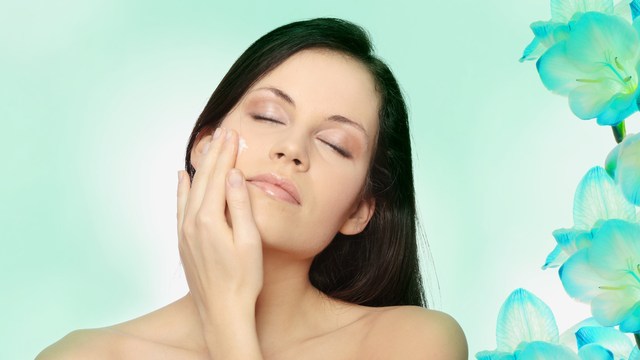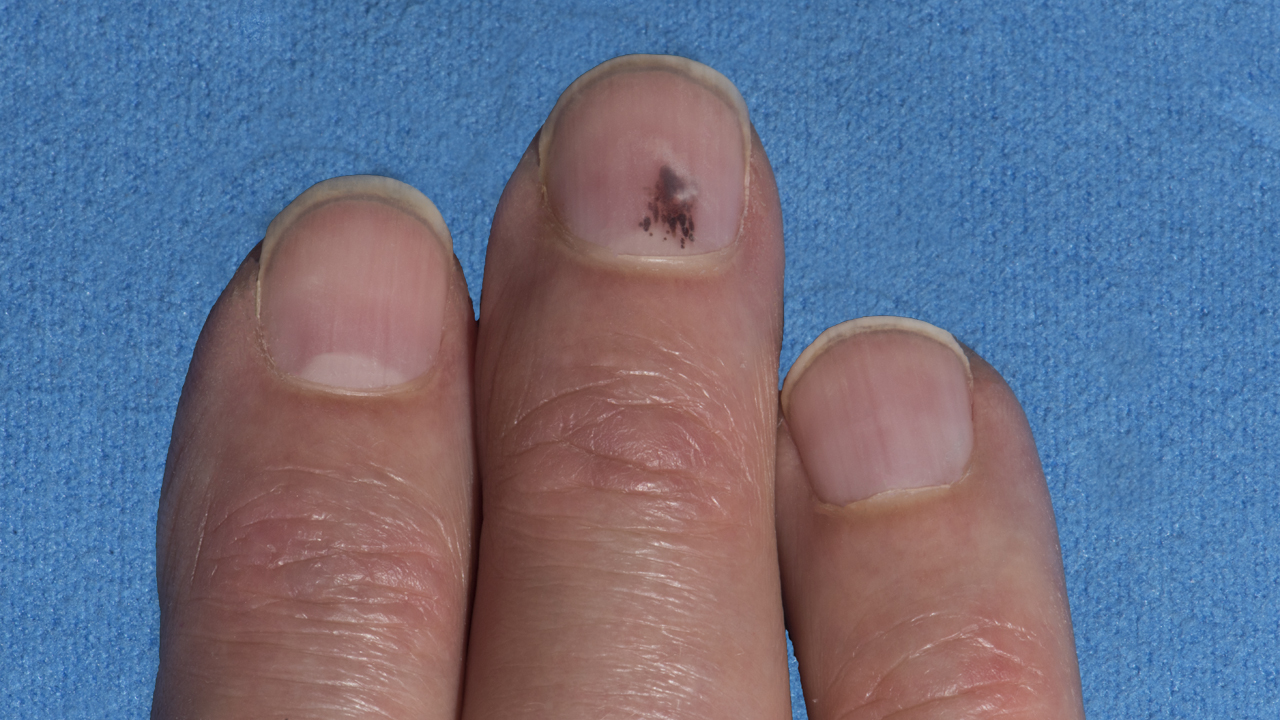 B-D-S/PhotoSpin
B-D-S/PhotoSpin
New rules for sunscreen coverage have recently been put into effect by the Food and Drug Administration (FDA) for 2013. In order to claim broad-spectrum coverage, sunscreen of any type must provide UVA and UVB protection.
Make-up with an SPF of only 2 to 14 cannot claim to protect against skin cancer or early aging, it can only claim that it protects against sunburn.
However, even if the make-up claims a higher SPF above 15, you may still not be adequately protected.
According to Montclair, New Jersey dermatologist Dr. Jeanine Downie, since foundation is not put on evenly all over one’s face and usually is not applied to the neck, the SPF protection it provides is not consistent. She tells her patients to put on a generous amount of sunscreen first then apply their make-up over it, reported the New York Times.
Good Housekeeping discussed how make-up boosts its SPF capability by including the minerals zinc and titanium. This addition acts to diffuse the UV light before it can penetrate and damage your skin’s cells.
Brandith Irwin, M.D., a Seattle dermatologist, suggests that it is best to choose make-up containing both additives and to choose those products with higher SPF ratings.
Regardless of how high the SPF rating in make-up is, relying on it alone to block damaging rays is not enough, stated Fredric Brandt, M.D., a dermatologist in New York City and Miami. He pointed out that people simply do not put enough sunscreen on.
“You need about half a teaspoon for your face and neck to get the required thickness,” he told Good Housekeeping.
The Skin Cancer Foundation stated that after cleansing your face in the morning, you should start your facial routine with a moisturizer that has an SPF of 15 or above, and that states it is “broad spectrum”.
“Look for active ingredients that include zinc oxide, avobenzone (Parsol 1789) or ecamsule (Mexoryl) combined with octocrylene and avobenzone. These are the most cosmetically elegant, long-lasting broad-spectrum sunscreen ingredients found in moisturizers”.
Don’t forget to apply sunscreen to often-overlooked areas such as your ears, neck and upper chest.
Follow with a foundation that has a SPF protection between 8 – 15 for a second layer of defense. Top the foundation with powder. The talc particles provide a bit of protection themselves, but the powder also helps keep the moisturizer and make-up in place longer throughout the day.
Lastly, don’t forget your lips. Lips have very little melanin in them so they do not have any natural protection.
Avoid shiny high gloss lipsticks that have minimal color as they act like baby oil increasing the affect of the UV rays. An opaque lipstick is a better choice with an SPF rating over 15. If you still want a glossy look, apply gloss over that to increase the shine.
Ultimately, the best way to avoid the effects of sun on our face is to keep the sun from shining on it. Make-up and sunscreen can only provide a certain amount of protection.
Avoid the sun during the high intensity times of the day between 10 a.m. and 2 p.m. and don’t forget to wear a hat and sunglasses when outside.
Sources:
SKIN DEEP. Rethinking Makeup’s Sun Protection. New York Times. Retrieved June 23, 2013.
http://www.nytimes.com/2013/06/20/fashion/rethinking-makeups-sun-protect...
Sunscreen and Your Makeup Routine. Web MD. Retrieved June 23, 2013.
http://www.webmd.com/beauty/sun/sunscreen-and-your-makeup-routine
Sun Protection and Make up. Skin Cancer.org. Retrieved June 23, 2013.
http://www.skincancer.org/prevention/sun-protection/sunscreen/sun-protec...
Makeup with Sun Protection. Good Housekeeping. Retrieved June 23, 2013.
http://www.goodhousekeeping.com/beauty/makeup/sun-protection-makeup
Michele is an R.N. freelance writer with a special interest in woman’s healthcare and quality of care issues. Other articles by Michele are at www.helium.com/users/487540/show_articles
Edited by Jody Smith




Add a CommentComments
There are no comments yet. Be the first one and get the conversation started!